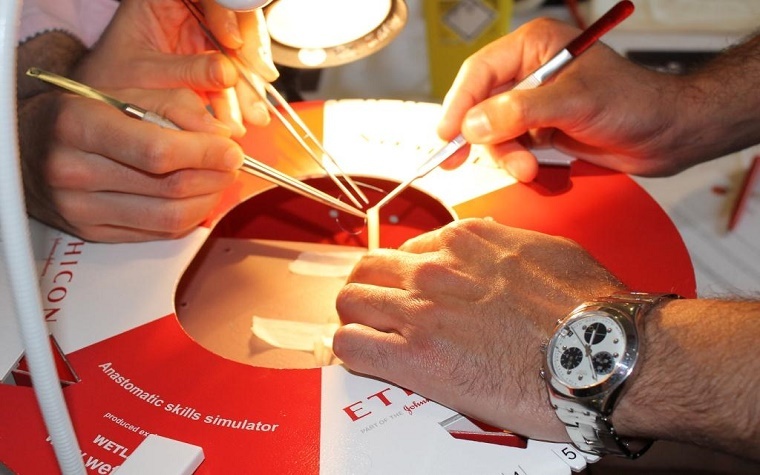
The latest American Heart Association Rapid Access Journal Report states that no matter the heart procedure, heart patients who take prescribed medication are over two times more likely to experience event-free survival rates.
In addition, heart bypass patients may qualify as more resistant compared to percutaneous coronary intervention (PCI) patients. As such, heart bypass patients generally face fewer negative effects when they don’t adhere to prescribed medication after their operations.
Health leaders believe not adhering to prescribed medications is a major problem for patients who have had PCI or heart bypass operations. Taking medication regularly is crucial to their maintaining a good quality of life.
“Adherence can have a dramatic impact on the long-term outcome of both heart bypass and angioplasty patients, and that impact may be more compelling in angioplasty than in bypass patients,” Dr. Paul Kurlansky, study lead author and assistant professor of surgery at Columbia University Medical Center, said.
For this discovery, researchers studied a group of 973 heart bypass patients as well as 2,255 stent patients. The results from February 2004 through July 2004 as well as follow-ups at 12 and 18 months showed that these patients have better quality of life when they adhere to their medications.